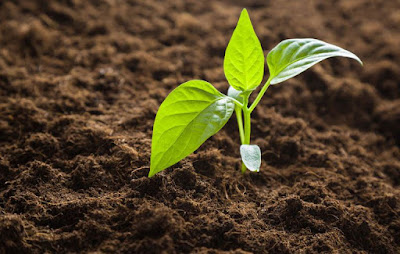Nearly 12,000 years ago, traditional hunter-gatherer lifestyle followed by humans since their evolution were swept aside in favor of permanent settlements and steady food supply. Out of agriculture, cities and civilizations developed, and because crops and animals could now be farmed to meet demand, the global population rocketed—from some five million people 10,000 years ago, to more than seven billion today. There was no single factor, or sequence of factors, that led people to take up farming in various parts of the world. In the Near East, for example, it’s estimated that climatic changes at the end of the last ice age brought seasonal conditions that favored annual plants like wild cereals. Elsewhere, such as in East Asia, risen pressure on natural food resources may have forced people to find homegrown solutions. But whatever the causes for its independent origins, farming sowed the seeds for the modern age. The wild progenitors of crops including wheat, barley, and ...





